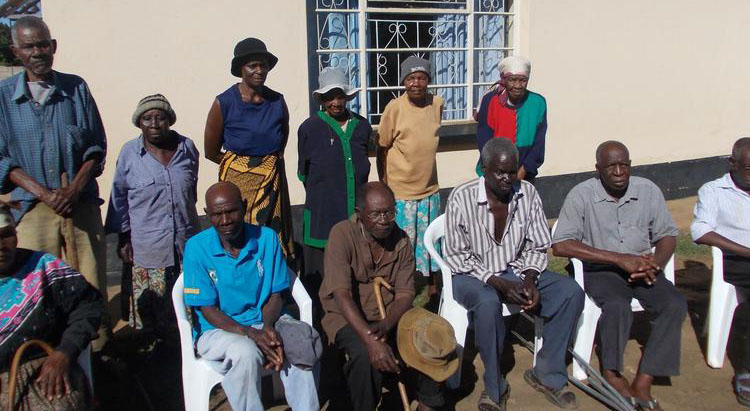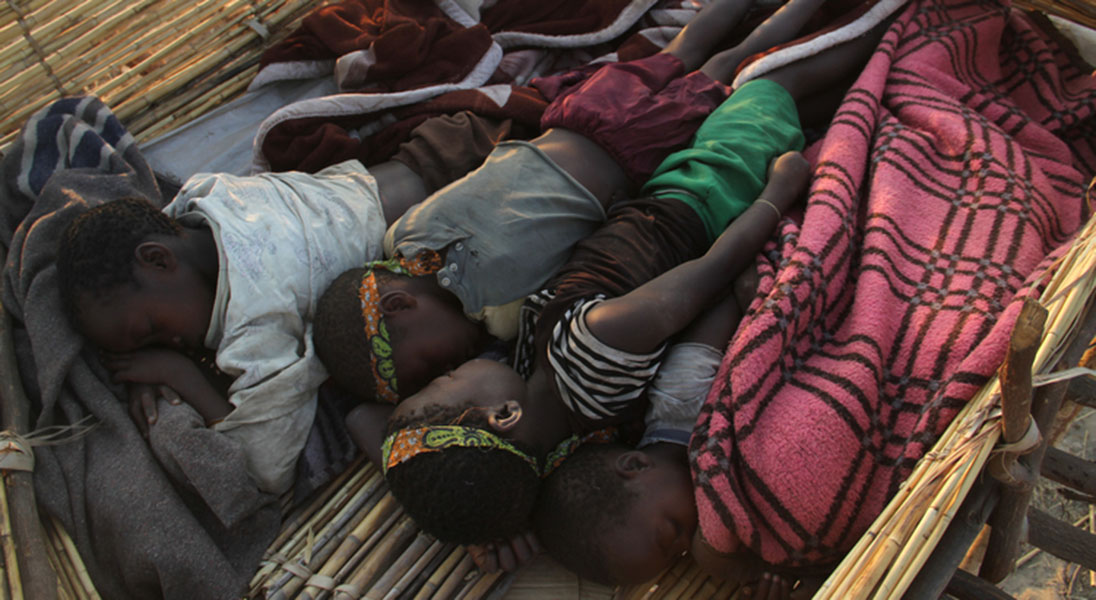Expert calls for closer collaboration in HIV drug resistance research
- By Zimpapers Syndication |
- 06 Jan, 2026 |
- 0

Sifelani Tsiko ---
There should be closer collaboration between immunologists in African medical health institutions and those abroad to conduct research on the development and transmission of HIV variants resistant to anti-retroviral drugs that continue to limit the effectiveness of treatments for HIV infection, an immunologist says.
Prof Bruce Walker, an infectious disease expert at Harvard Medical School who also holds a joint appointment as Professor of Medicine at the University of KwaZulu Natal, told a public lecture recently at the University of Zimbabwe College of Health Sciences that closer collaboration helps build capacity and opens possibilities to develop a vaccine for HIV treatment.
“Drug resistance is the next wave of challenges that we have to deal with,” he said presenting a paper titled: “Towards an HIV vaccine: Learning from patients.”
“We must work closely as immunologists both here in Africa and the US. A vaccine must do better than natural immunity. Studies we are conducting at KZN have provided us with more insights on the potential of developing an HIV vaccine.”
In his presentation, Prof Walker discussed his experiences on studies pertaining to drug resistance which were being done at the University of KZN in collaboration with the Harvard Medical School and some Zimbabwean immunologists.
He outlined how the development and transmission of HIV variants resistant to anti-retroviral drugs continues to limit the efficacy of treatments for HIV infection.
In addition, Prof Walker also presented some of the factors which could influence the development of HIV drug resistance in different clinical scenarios.
“Our human bodies have a lot of pathogens to try and fend off HIV. New variants are being produced and HIV requires a receptor to get into a cell,” he said. “A major challenge in terms of the development of a vaccine, is to find anti-bodies to resist the disease.
“We need to find durable control of HIV infection, we need to identify key pathways into HIV and determine immune responses.
Among some of the preliminary findings of viral control studies at KZN was that the risk of HIV acquisition is directly related to injectables in contraceptive use.
“Our studies are exciting and are showing a lot of promise,” the immunologist said. “We are trying to find out why people end up with different viral loads and why they respond differently at varying stages of the disease.
Tests have been done on monkeys and show partial protection against certain strains of the HIV virus.
“We are really excited about where we are now and the momentum we are building in terms of vaccine development,” Prof Walker said. “Studies of HIV and TB are critical in providing insights into HIV vaccine development.
“Treated hyper-acute infection offers opportunity to pursue cure strategies.”
He said researchers should pursue studies to find strategies for inhibiting viral entry and to find a vaccine that could completely eliminate the infection.
“Broadly neutralizing monoclonal antibodies has a potential role in HIV prevention, treatment and cure,” Prof Walker said.
“Neutral antibodies can be effective against HIV but are hard to induce in natural infection or with a vaccine.”
Prof Walker’s clinical specialty is infectious disease, focusing on HIV and AIDS and he has led the HIV research field from the mid-1980’s identifying cytotoxic T lymphocytes as key participants in effective control of HIV infection.
This work, and other work he has done, laid the foundation for detailed understanding of immune responses to HIV.
Dr Tariro Makadzange, an immunologist at University of Zimbabwe College of Health Sciences said Zimbabwean medical researchers have benefited immensely through closer collaboration with Harvard Medical School and at the Ragon Institute of MGH.
“There is an excellent collaboration going on and our students and other medical practitioners have benefited from exchange programmes and other collaborative programmes,” she said.
“We have sent students abroad and also received others from Harvard. The collaboration has been mutual and beneficial.”
Medical researchers from Zimbabwe and Harvard were conducting joint clinical and operational research studies to inform patient management on public HIV treatment programmes.
“The studies we are conducting jointly and our findings made so far will help to inform vaccine design development for HIV,” Dr Makadzange said.
“It is through such collaboration that we can find pathways to the development of an HIV vaccine.”
Transnational research which included Zimbabwean and Harvard scholars focused more on perinatally (period around birth) infected children and adolescents with HIV as well as HIV-positive adults with cryptococcal disease (opportunistic infection for Aids).
Health experts say primary HIV drug resistance is emerging in most parts of Africa after rapid scale-up of ART use.
They believe that some patients may have been infected with resistant strains of HIV when sub-optimal therapy was being used in the era before low-cost generic anti-retrovirals became available, or were exposed to one or two-drug regimens during this period.
Studies also who that a large proportion of the cases identified involved virus that was resistant due to a natural mutation.
A better understanding of the prevalence of transmitted resistance is needed.
Resistance testing is not routinely conducted, as there are limited second-line treatment options in the region.
In recent years, considerable progress has been made in eastern and southern Africa to reduce the number of new HIV infections, which decreased by 21% between 2010 and 2014, according to the UNAids.
The region has also made a significant contribution to achieving the global target of having 15 million people on life-saving antiretroviral medicines by 2015.
Despite these advances, however, the region still accounts for over half of all new HIV infections worldwide.
Sub-Saharan Africa has the most serious HIV and AIDS epidemic in the world. In 2012, roughly 25 million people were living with HIV, accounting for nearly 70 percent of the global total. In the same year, there were an estimated 1.6 million new HIV infections and 1.2 million AIDS-related deaths.
No Comments












.jpg)

Comment